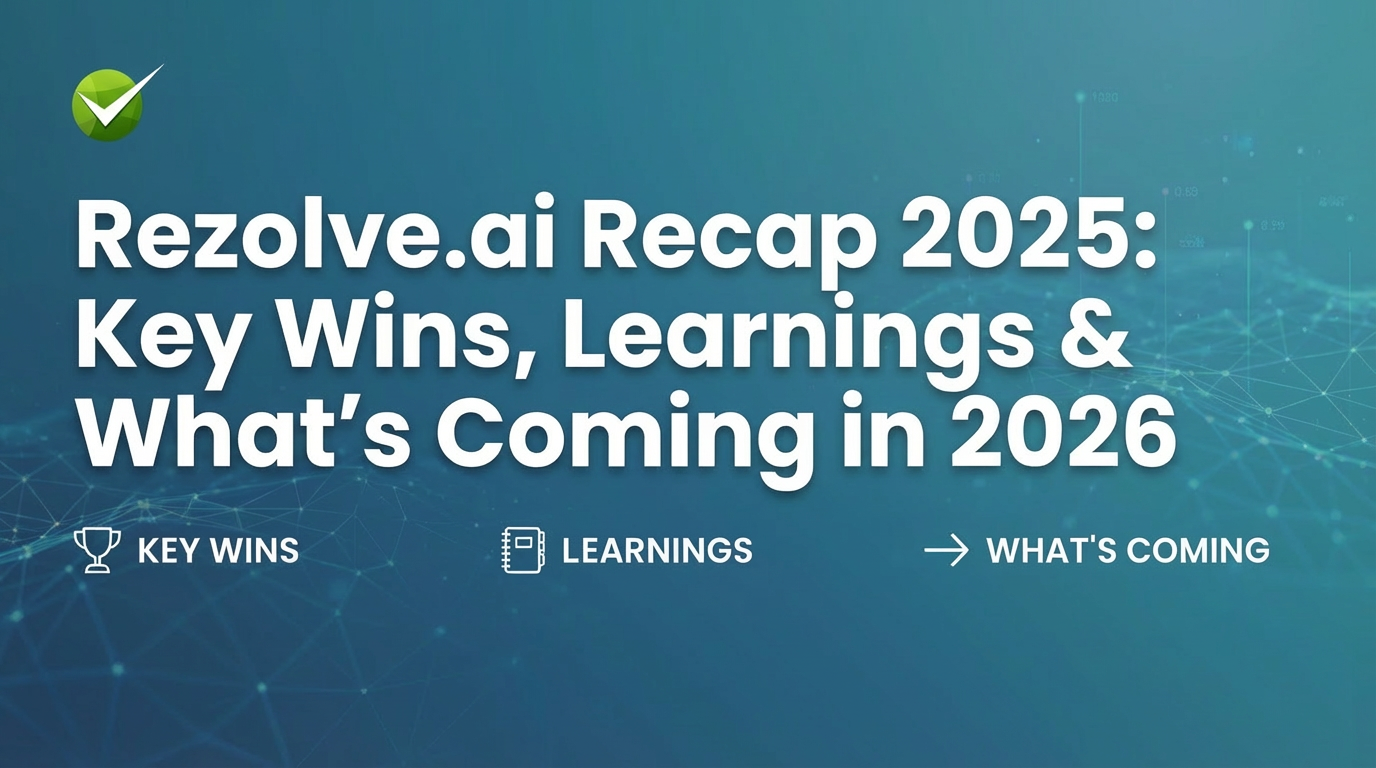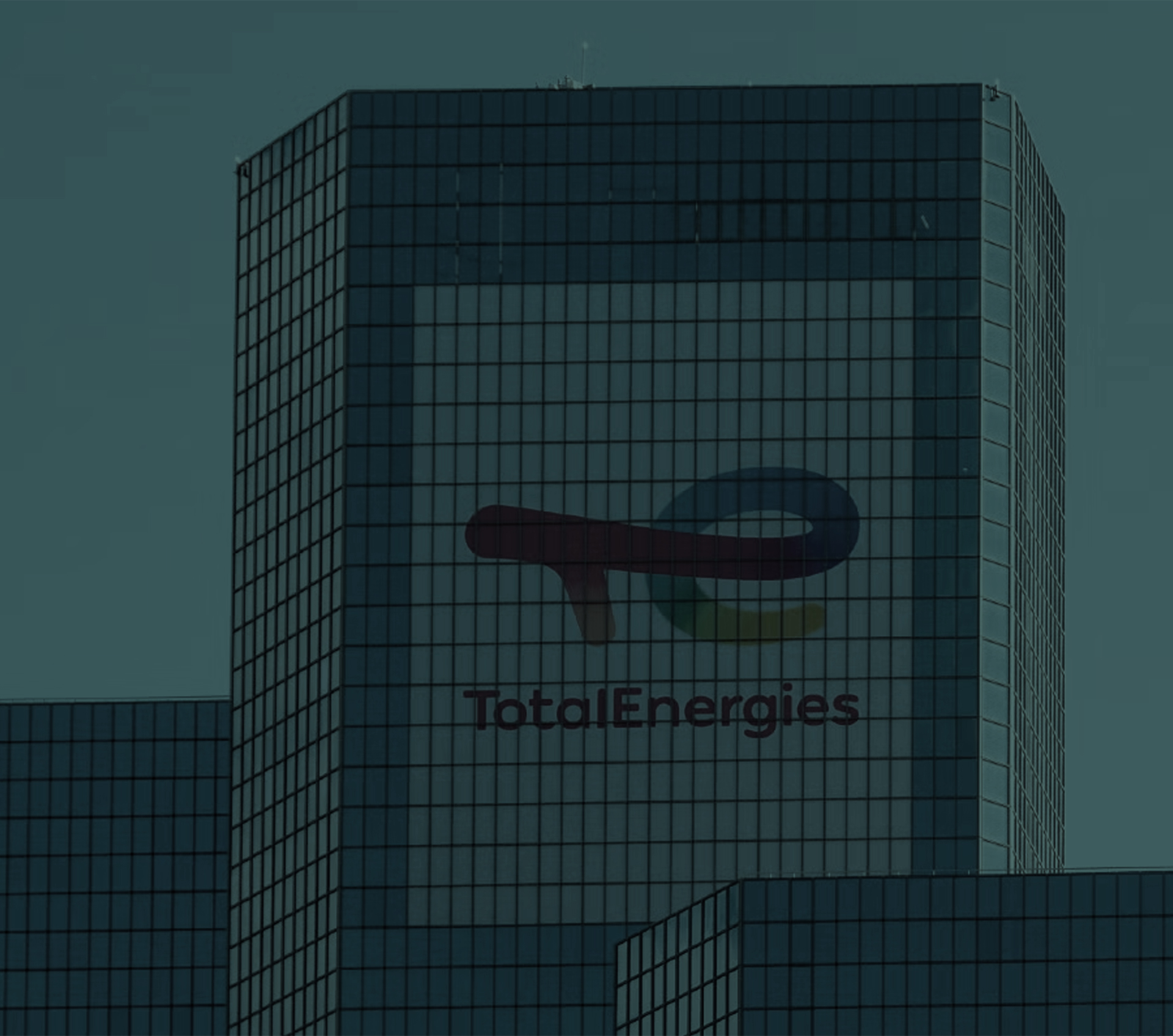After surviving a global pandemic for almost two years, we are now living in a post-pandemic world with the hope of reviving our businesses. Organizations across the world took a major hit when they were not allowed to operate on-premise, and professionals could not step out of their houses. Apart from the essential goods and services, the demand in almost every industry fell sharply, resulting in heavy losses that were difficult to cover.
The COVID-19 crisis affected the organizational structures of many companies. Every department within an organization took a hit, resulting in disruption of business processes across the board. HR has been one of the departments to have suffered the most as professionals started working remotely. Although remote working has helped organizations continue their processes virtually, HR professionals often find it challenging to manage the employees and ensure their well-being while operating remotely.
This has resulted in the emergence of digital HR trends that make the processes of HR managers easier. The advanced tools and platforms use technologies like AI and machine learning to streamline several HR processes. This has helped HR departments of organizations across the board carry on with their processes in the post-pandemic world.
Digitization of HR processes has also helped HR managers in managing employees in a hybrid work environment. Such environments involve a workforce where some employees work on-premise while others work remotely. Modern HR tools help businesses ensure the well-being of their employees and the fact that everyone is on the same page.
Common HR Challenges Faced By Organizations In The Post-COVID World
Here are some of the major HR challenges faced by businesses in the post-COVID-19 environment:
- Difficulty in onboarding remote employees
- Lack of personalized HR support
- Excessive dependence on support agents
- Lack of a centralized platform for providing HR solutions
- Challenges in catering to the needs of every employee in a hybrid organization
- Getting remote employees trained
Digitized HR Trends For Organizations To Operate In The Post-COVID World
Now that the COVID-19 crisis has eased down in most countries globally, it has resulted in the emergence of several new trends dedicated to improving the processes undertaken by organizations.
Here are some of the most critical HR technology trends for a post-COVID future of work:
- AI-driven HR Help Desks
As HR processes became increasingly virtual, organizations have started implementing modern AI-driven HR help desks. These help desks use AI and machine learning to help HR professionals undertake their processes and streamline them to obtain the desired results.
Modern HR help desks make use of AI chatbots to provide primary support to your employees. Instead of routing all the cases directly to the HR managers, this allows you to filter them by providing automated primary support to your employees. The chatbots understand the context of the questions asked and scan your enterprise knowledge base to provide your employees with personalized solutions to their problems. - Automated Onboarding Of Remote Employees
Onboarding remote employees is one of the biggest challenges faced by the HR department in the post-COVID world. As there is no physical interaction between the HR professionals and the new employees, it becomes challenging to ensure their well-being and provide relevant resources.
This has led to the trend of automated onboarding of remote employees. Here, platforms like AI-driven help desks allow HR managers to send personalized emails to the new employees when they join the organization. These emails are often filled with the contact details of peers, work policies, email login credentials, and all other resources required by employees while joining a new organization.
Moreover, modern HR help desks allow new employees to answer their queries simply by interacting with virtual assistants. This further makes the onboarding processes more fruitful.
Read More: Tips and tricks to enhance employee onboarding process - Integration Of HR Help Desks With Collaborative Platforms
The post-pandemic world is dominated by collaborative platforms used by organizations across the world. Platforms like Zoom, Slack, Microsoft Teams, and Google Meet have helped companies survive the COVID-19 crisis by facilitating seamless collaboration and communication.
The aftermath of COVID-19 has given rise to the trend of integrating HR help desks with collaborative platforms. Such integration provides your employees with a centralized platform for working and obtaining HR support. This prevents them from switching to a different platform while working to obtain HR assistance.
Also, integrating your HR help desk with your collaborative platform allows your HR managers to reach out to employees on a single unified platform. This helps you in streamlining your HR processes, especially if your employees are working remotely. - Rise In Purpose-driven Businesses
As organizations worldwide have suffered enough setbacks during the pandemic crisis, it has given rise to purpose-driven businesses. Here, all employees working in an organization are expected to work towards a specific purpose and nothing else. This purpose could be to drive more revenue, increase brand value, improve ROI, reach out to a wider audience, or anything that an organization is willing to focus on.
Purpose-driven businesses have all their HR processes, conversations, decisions, and behaviour dedicated to serving a specific purpose with the help of their employees. - Prioritizing Mental Well-being Of The Employees
In the post-pandemic world, it has become increasingly important for organizations to ensure the mental well-being of their employees. The COVID crisis was challenging for everyone, and it often takes time to return to complete normalcy.
This has resulted in HR teams prioritizing the mental health of employees working across all departments. Whether they are working remotely or on-premise, companies keep track of how comfortable their employees are in undertaking their processes. Companies are also focusing on ensuring that their employees have an ideal work-life balance while working remotely. While remote working has been a convenient approach for many, many employees tend to exhaust themselves by stretching their work hours.
HR managers are now shouldering greater responsibilities to monitor the mental well-being of the employees and tend to the issues faced by them in the best way possible. - Getting Employees Trained Via Microlearning
Microlearning is a new trend in digital learning where companies can get their employees trained by providing them with limited content daily. This involves the managers providing bite-sized chunks of training resources to the employees every day, making them spend not more than ten minutes daily on training sessions.
Microlearning is gaining popularity across all major industries as it caters to the limited attention span of employees. When they are provided with smaller chunks of training content every day, they retain more information without getting exhausted. All you need is a centralized platform where you can add the required resources, and your employees can access the same according to their convenience.
Microlearning is an ideal training option to make your employees learn new skills and technologies without exposing them to lengthy training sessions. Moreover, it allows your employees to train themselves without the need for hiring external trainers and organizing on-premise workshops. This leads to a boost in the morale and confidence of your employees, resulting in greater engagement and productivity within your organization. - Streamlined Harassment Reporting
Modern HR help desks allow organizations to streamline harassment reporting, helping employees make anonymous reports about workplace harassment. Instead of directly contacting the HR managers, the help desks help your employees lodge complaints from a centralized platform. When anonymous complaints are received, the managers look into the same and quickly resolve the concerned issue. - Automation Of Employee Recruitment
The post-COVID world has resulted in organizations automating the process of recruiting employees. Modern HR help desks are designed to automate several recruitment processes, such as accepting applications, shortlisting resumes, scheduling interviews, and many more. This allows the recruitment managers to make faster and more precise decisions without resorting to manual processes. - Automated Communication Of Employee Benefits
Another latest HR technology trend adopted by organizations is that of communicating benefits to employees using automation. Modern help desks allow HR managers to feed the knowledge base with all relevant details about employee benefits. Whenever in doubt, the employees can log in to their help desks and search for the benefits they are entitled to.
This prevents your employees from spending their time and effort approaching HR managers and asking them questions regarding their benefits.
The Final Word
These were some major HR technology trends that help organizations cater to their employees in the post-COVID world. Irrespective of your industry, it is crucial to understand that the trend of remote working is here to stay. It is always advisable for businesses to adapt to these new HR trends to streamline their processes and build a healthy relationship with their employees.





.webp)




.jpg)

.png)








.png)